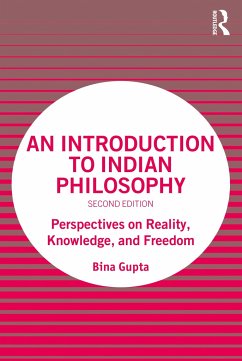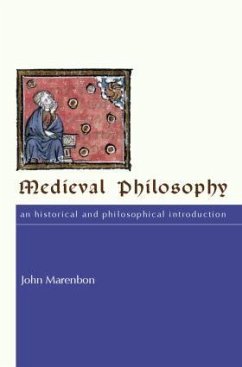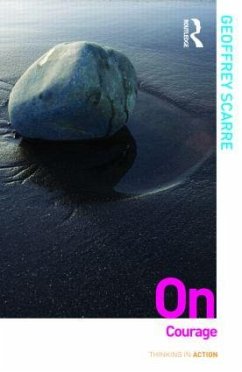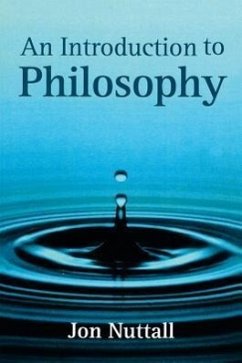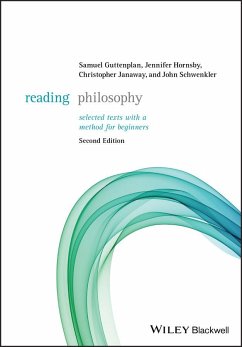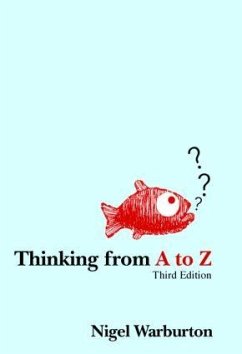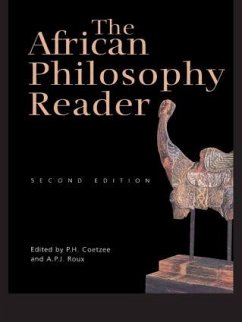
Philosophy
The Essential Study Guide
Versandkostenfrei!
Versandfertig in 1-2 Wochen
27,99 €
inkl. MwSt.

PAYBACK Punkte
14 °P sammeln!
A compact and straightforward guide to the skills needed to study philosophy â reading, listening, discussing and writing â aimed at anyone coming to the subject for the first time or just looking to improve their performance.





